Hypertension, or high blood pressure, is often called the “silent killer” because it doesn’t always show obvious symptoms, yet it quietly damages your heart, kidneys, brain and arteries over time. With urban lifestyles getting increasingly stressful and sedentary, hypertension is becoming more common across different age groups in India.
The growing burden of hypertension in India
India is currently facing an alarming increase in hypertension cases. According to a report by ICMR, nearly one in every four adults in India suffers from high blood pressure. Worryingly, many of them remain undiagnosed or untreated.
Why are the numbers rising?
Some key reasons behind this spike in hypertension cases include:
● Increasing stress levels in both urban and rural populations
● Poor dietary habits – high salt intake and low fibre consumption
● Lack of physical activity
● Obesity and excess weight
● Alcohol and tobacco use
What makes this situation worse is that many people are not even aware they have hypertension until it leads to complications.
Symptoms that you should not ignore
Although hypertension is usually silent, sometimes symptoms may occur and they may include:
● Frequent headaches
● Shortness of breath
● Nosebleeds
● Fatigue or confusion
● Irregular heartbeat
If you’re experiencing any of these regularly, it’s a good idea to consult a doctor.
How lifestyle changes can help?
Impact Shorts
More ShortsThe good news? Hypertension is manageable and even preventable with the right lifestyle choices. Here’s how you can take charge:
● Cut down on salt: Try to keep your sodium intake below 5 grams a day.
● Exercise regularly: Even brisk walking for 30 minutes a day helps.
● Eat more fruits and veggies: Especially those rich in potassium.
● Quit smoking and limit alcohol: These increase your risk significantly.
● Manage stress: Deep breathing, yoga or even short breaks can help.
Making small changes in your daily routine can go a long way in managing blood pressure levels.
Who is at risk?
While hypertension can affect anyone, some people are more at risk:
● People above 40 years of age
● Individuals with a family history of high blood pressure
● People with diabetes or obesity
● Pregnant women (may develop gestational hypertension)
● Individuals with poor dietary and activity patterns
How is it diagnosed?
Hypertension is diagnosed through simple blood pressure checks. A reading consistently above 140/90 mm Hg usually indicates high blood pressure. It’s recommended to:
● Get your BP checked annually after age 30
● Check more frequently if you have any risk factors
The role of preventive health screenings
Early detection is key. Many government and private hospitals now offer preventive health screening packages that include blood pressure checks, ECGs and cholesterol level monitoring. Taking a proactive approach may help in avoiding serious complications down the line.
The financial burden of managing hypertension
Treating hypertension isn’t a one-time affair. It involves ongoing medication, routine doctor visits and sometimes hospitalisation in case of emergencies. Over time, these costs add up. That’s where a health insurance policy becomes crucial.
The policy helps you cover hospitalisation expenses, doctor consultations and even the cost of long-term medicines in some cases. It provides financial support during health emergencies so that you can focus on recovery without stressing about the bills. For anyone dealing with hypertension or other chronic conditions, having a health insurance policy offers both relief and security.
Covering your whole family: Why it makes sense Given that hypertension can affect anyone in your household, it’s wise to consider health insurance plans for family. These cover multiple members under one policy and ensure that everyone gets the required treatment without delays.
Besides reducing financial pressure, they often include:
● Cashless hospitalisation
● Pre- and post-hospitalisation cover
● Annual check-ups
Tips to keep your blood pressure in check
Let’s sum up some simple habits that can help you stay healthy:
● Drink plenty of water
● Get at least 6–8 hours of sleep
● Reduce screen time and avoid late-night work
● Include nuts, whole grains and leafy greens in your meals
● Monitor your BP at home if you’re at risk
Conclusion
Hypertension might be silent, but its impact can be loud and dangerous. Regular check-ups, a healthy lifestyle and financial planning can make all the difference. As the cases of hypertension rise, financial planning around health becomes even more essential. A health insurance policy not only helps during emergencies but also ensures that you don’t have to delay treatment due to financial concerns. From covering regular tests to major procedures, it’s a must-have in today’s healthcare environment.


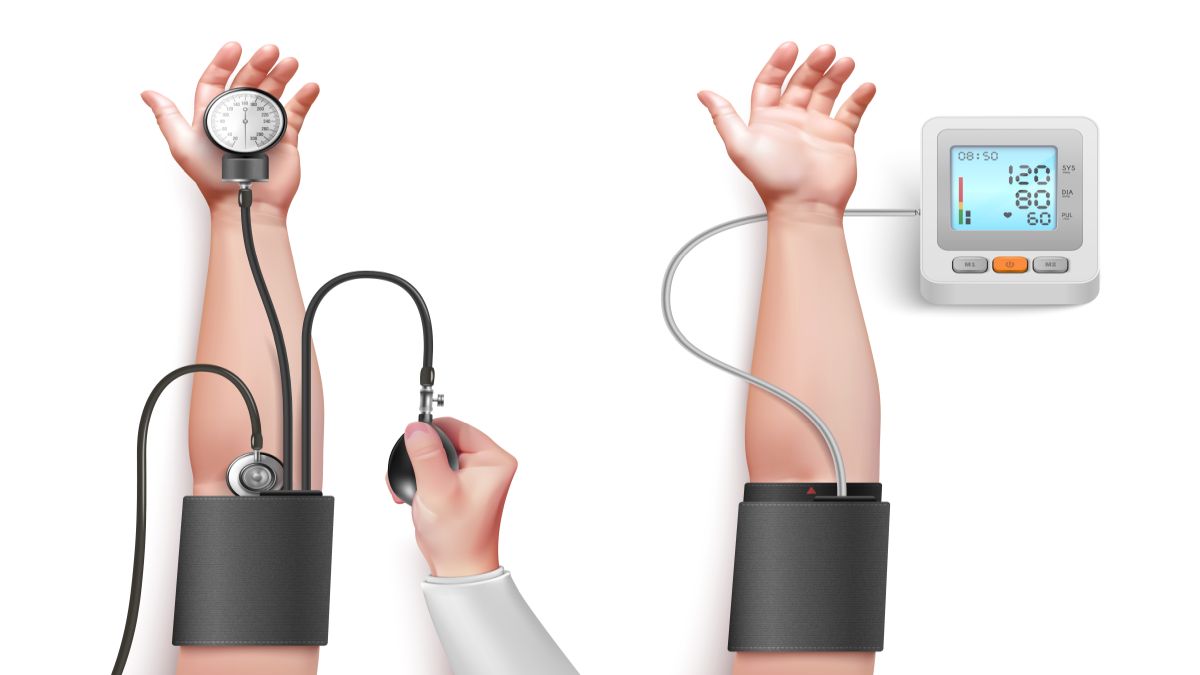)
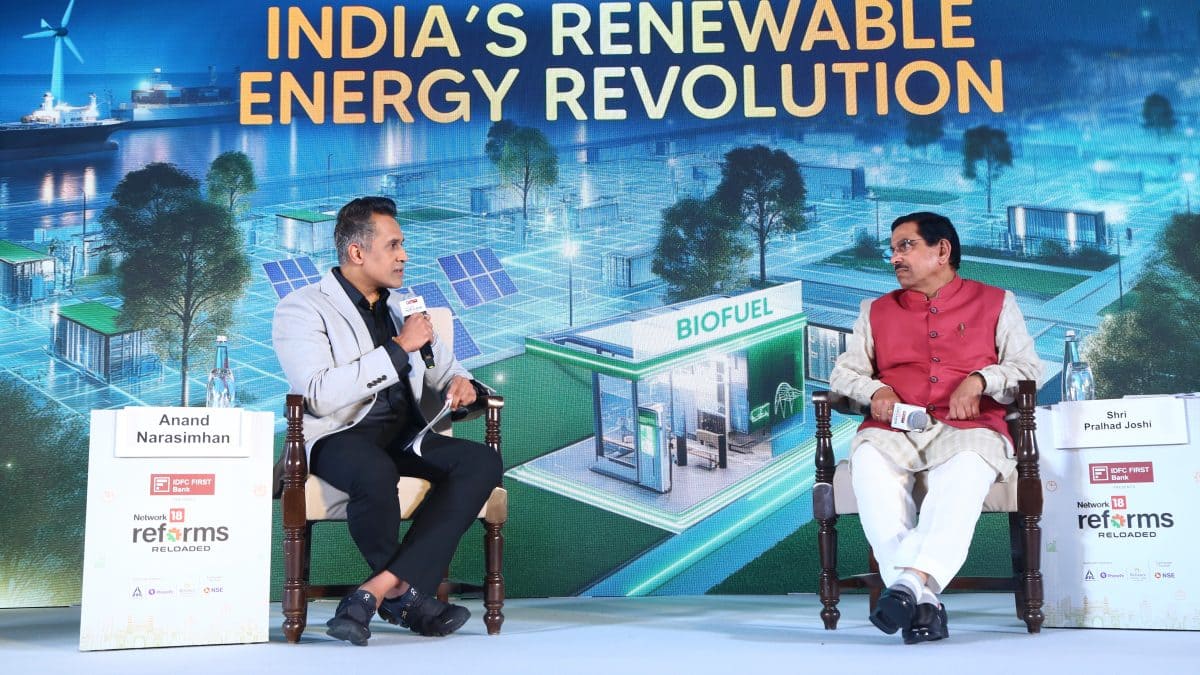
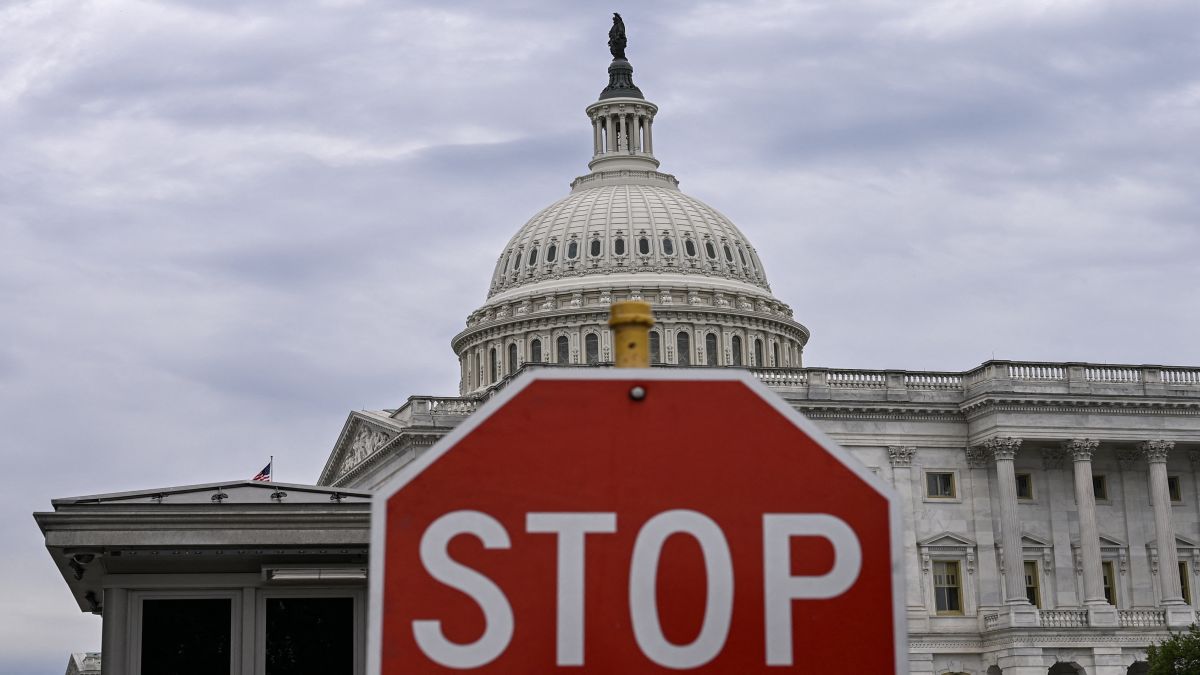)
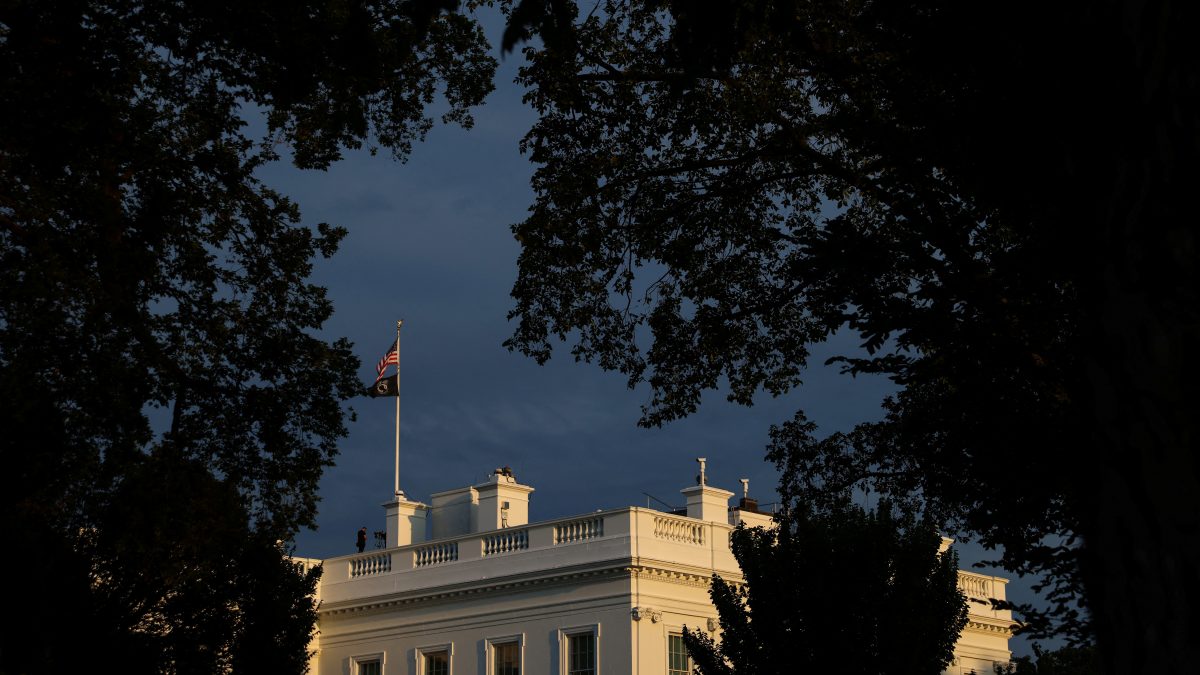)
)
)
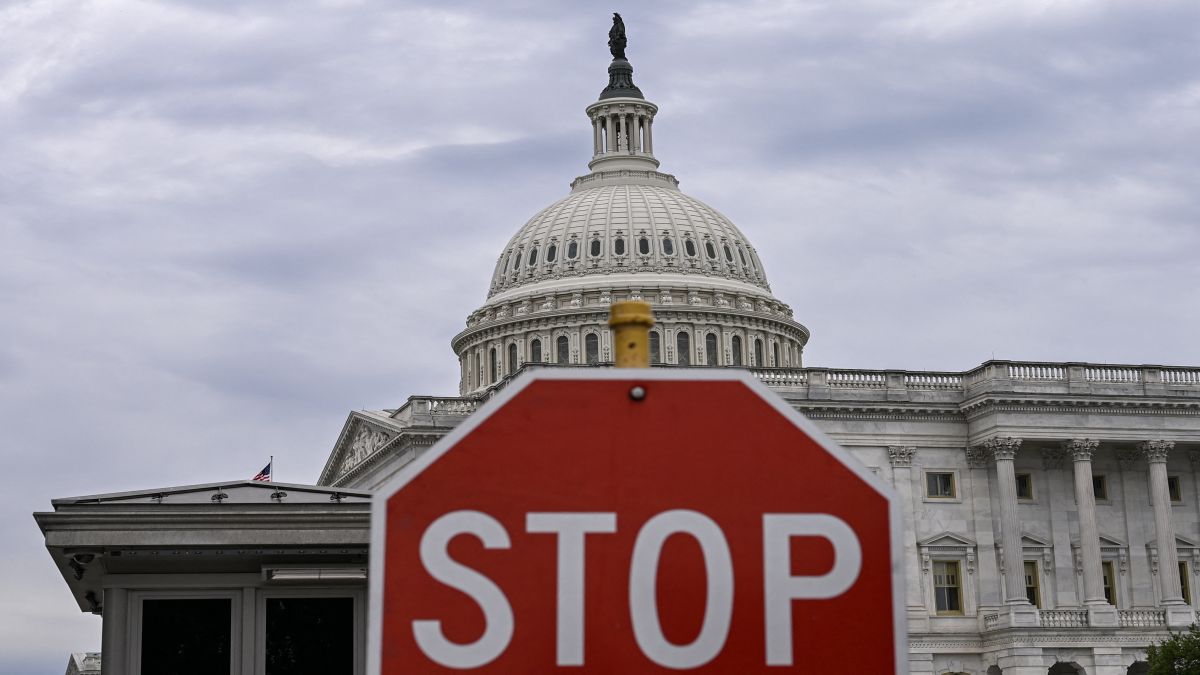)
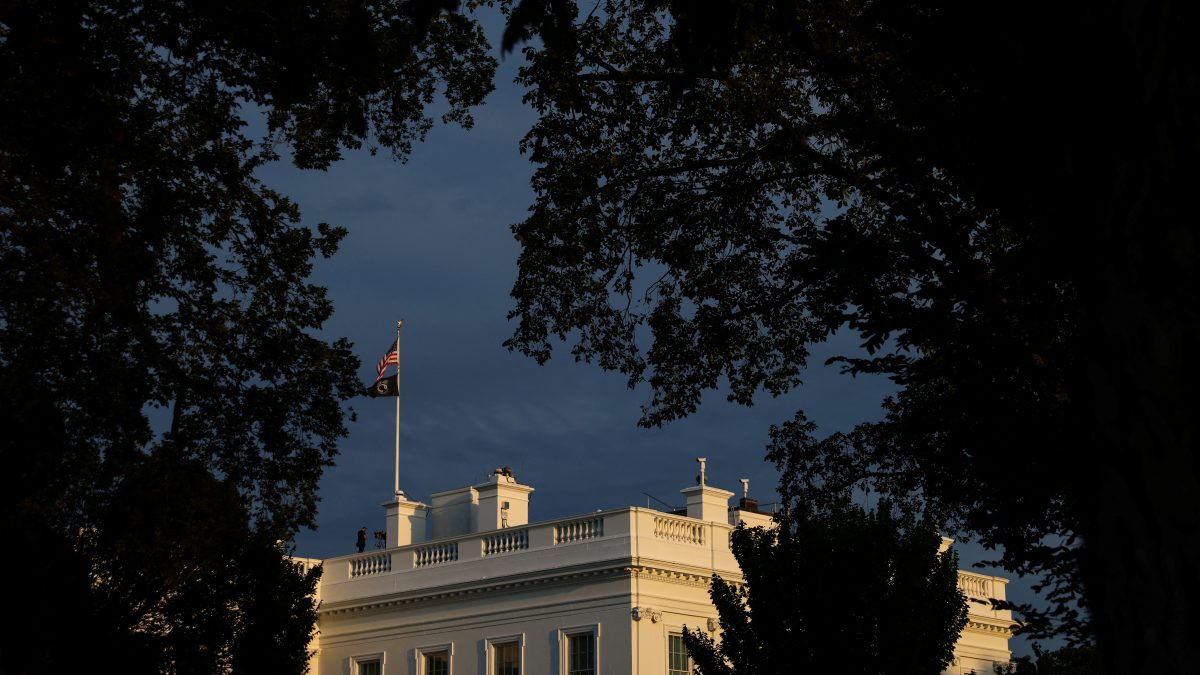)
)
)



